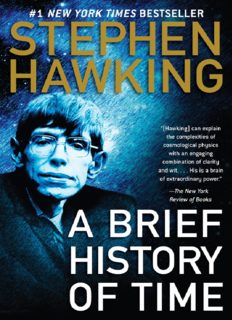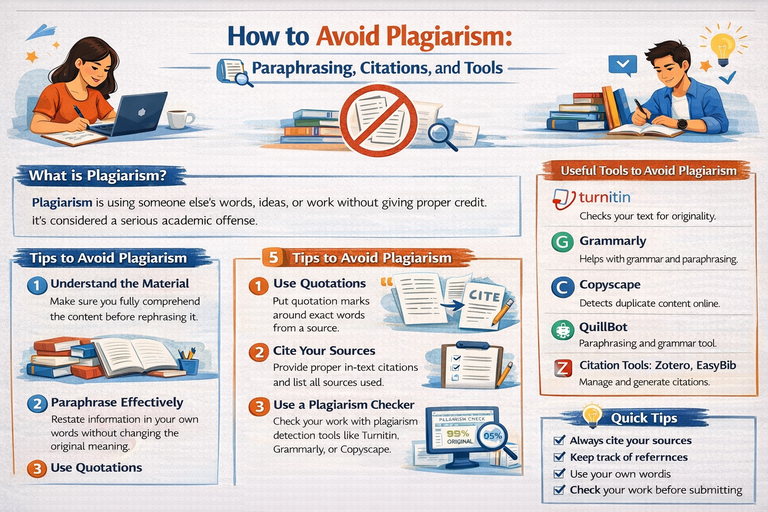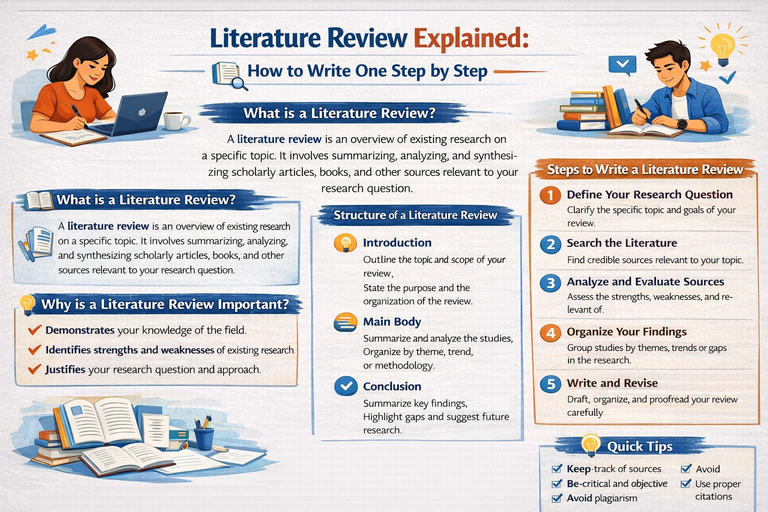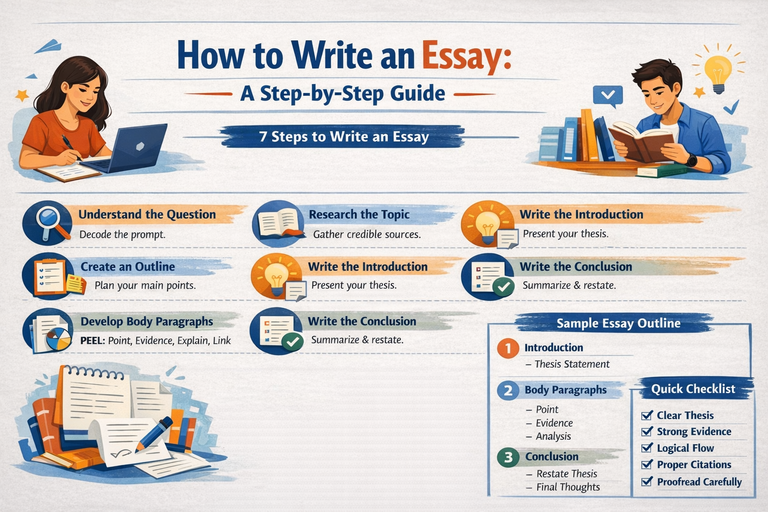The Impact of Education Funding in African and Diaspora Literature
Education is often heralded as the great equalizer—the key to personal freedom, economic empowerment, and societal progress. Nowhere is this idea more powerfully examined than in African and diaspora literature, where access to education—and by extension, education funding—forms a central axis around which characters’ lives revolve. These stories bring into sharp focus how scholarships, government aid, foreign grants, and limited financial resources shape destinies, deepen inequalities, and ignite the hunger for change.
In African and diaspora narratives, education funding is not just about school fees or scholarships. It becomes a symbol of hope, a tool of resistance, and sometimes, a source of alienation. This blog post explores the impact of education funding in these literary traditions, examining how writers have used it to critique postcolonial systems, explore diasporic identity, and portray the personal sacrifices tied to educational advancement.
Education as a Colonial Legacy
To understand education funding in African literature, one must first recognize the colonial origins of formal education systems on the continent. The British, French, and other colonial powers introduced Western-style education as part of their imperial agenda. While it brought literacy and exposure to global ideas, it also imposed foreign languages, histories, and ideologies.
In Chinua Achebe’s Things Fall Apart, we see the early tensions between indigenous knowledge systems and Western education. Although education funding is not explicitly discussed, the mere presence of mission schools signals the beginning of systemic change. Later generations of African writers, like Ngũgĩ wa Thiong’o, more directly engage with the complications of education—seeing it both as a site of empowerment and of cultural erasure.
Ngũgĩ’s Petals of Blood and Decolonising the Mind lay bare the deep contradictions of post-independence African education systems—funded and modeled on colonial structures, yet tasked with serving African futures. The characters in these works often grapple with education that alienates them from their roots, even as it promises upward mobility.
Scholarships and the Diasporic Journey
For many characters in diaspora literature, scholarships represent a bridge—one that carries them from the Global South to the Global North in search of academic and personal transformation. Yet, this journey is rarely simple.
In Chimamanda Ngozi Adichie’s Americanah, the protagonist Ifemelu travels from Nigeria to the United States for university. Her academic path is fraught with financial instability, reliance on scholarships, and the cultural disorientation that comes with navigating a new world. While education offers her escape and opportunity, it also reveals harsh racial and class realities in her host country.
Adichie’s narrative highlights the complex reality of education funding for African students abroad: scholarships and financial aid are lifelines, but they often come with psychological costs—feelings of otherness, the burden of expectations, and a growing gap between home and the new world.
Similarly, in We Need New Names by NoViolet Bulawayo, Darling leaves Zimbabwe for America, where she encounters a system that is economically structured but emotionally dislocating. Education and its funding, while not always foregrounded, form the background of her diasporic adaptation. Her experience reflects a common theme: for many African and diaspora characters, funded education is not just an academic journey—it is a migration of the self.
Class Divide and the Price of Opportunity
In many African and Caribbean novels, education funding—or the lack of it—serves as a line of division between social classes. Those who can afford tuition or win scholarships are given the tools to escape poverty. Those who cannot are often left behind.
Tsitsi Dangarembga’s Nervous Conditions remains one of the most powerful novels on this theme. The protagonist, Tambu, is a Zimbabwean girl who dreams of going to school. When her brother dies, the family decides to invest in her education. Tambu eventually receives scholarships that allow her to attend mission schools and later, prestigious institutions. But her success comes with a price: the guilt of leaving her rural home behind, the strain of family expectations, and the psychological toll of assimilation.
In this novel, scholarships are not simply academic achievements—they are emotional battlegrounds. The funding that allows Tambu to pursue her dreams also separates her from her roots. Her journey illustrates the emotional complexity of educational mobility in African societies.
Government Support and Systemic Failures
In some African and Caribbean literature, government-backed education funding—when available—is portrayed as insufficient or corrupt. Authors use this to critique postcolonial governance and the broken promises of independence.
In Ayi Kwei Armah’s The Beautyful Ones Are Not Yet Born, the characters live in a Ghana riddled with disillusionment. While the novel doesn’t focus on scholarships directly, the broader critique of post-independence Africa includes commentary on failed education systems and the broken infrastructure of state-funded institutions.
In Graceland by Chris Abani, Elvis Oke, a young Nigerian boy, dreams of becoming someone great. His access to education is limited, and without meaningful financial support, he is forced to hustle in Lagos to survive. Education funding here—or the absence of it—is a symbol of lost potential, representative of countless African youths failed by systemic neglect.
Diaspora Reflections on Funding and Fairness
In the Caribbean diaspora, especially among Black British or Afro-Caribbean communities, education funding is a recurring theme in literature that tackles racism, opportunity, and generational conflict.
Andrea Levy’s Small Island explores the lives of Jamaican immigrants in post-war Britain. While education itself is not the focus, the systemic barriers they face—including limited access to economic resources—highlight the broader struggle for upward mobility. In more contemporary fiction, such as Girl, Woman, Other by Bernardine Evaristo, education is intricately tied to race, gender, and class. Characters rely on grants, bursaries, and public schooling to get ahead, often facing institutional discrimination along the way.
Evaristo’s characters reflect real-life questions in the diaspora:
-
Who gets access to quality education?
-
How does financial aid shape academic choices?
-
What are the emotional consequences of “making it” when others cannot?
Education and Activism
Several African and diaspora writers link education funding with political awakening. Education isn’t just a personal tool—it’s a social weapon, capable of shaking oppressive systems.
In So Long a Letter by Mariama Bâ, the characters are women grappling with postcolonial Senegalese society. Education—and the ability to afford it—becomes a feminist issue. Scholarships and support enable some women to resist polygamy, inequality, and outdated traditions. For others, lack of funding means dependence and disenfranchisement.
Mariama Bâ’s portrayal of educated women as catalysts for change challenges patriarchal narratives and emphasizes how funding opportunities—or the absence of them—can determine a woman’s fate in African societies.
Education as Emotional Labor
In both African and diaspora literature, characters who secure education funding are often burdened by emotional debt. They feel compelled to succeed not only for themselves but for their families, communities, and nations. This pressure adds another layer to their academic struggles.
In Freshwater by Akwaeke Emezi, the protagonist Ada travels from Nigeria to the United States for college. Though the story is deeply spiritual and psychological, the undercurrent of being a funded student abroad is ever-present. The story captures the mental health costs of balancing personal identity with social expectations—something many scholarship recipients, particularly from the diaspora, understand too well.
Conclusion: Beyond Tuition and Textbooks
Education funding in African and diaspora literature is never a simple transaction. It is a deeply symbolic and emotional force—one that shapes characters' identities, relationships, and destinies. Whether through government aid, foreign scholarships, or personal sacrifice, the ability to access education determines who rises and who remains stuck.
These stories illuminate real-world challenges:
-
The inequality of educational opportunity
-
The emotional and cultural dislocation that comes with academic success
-
The hidden cost of leaving communities behind in pursuit of personal dreams
Ultimately, African and diaspora authors use education funding not just as plot material, but as a lens for social critique and character exploration. They invite us to consider: what does it mean to "make it" in a world where access is uneven? And how do we measure the true cost of opportunity?










